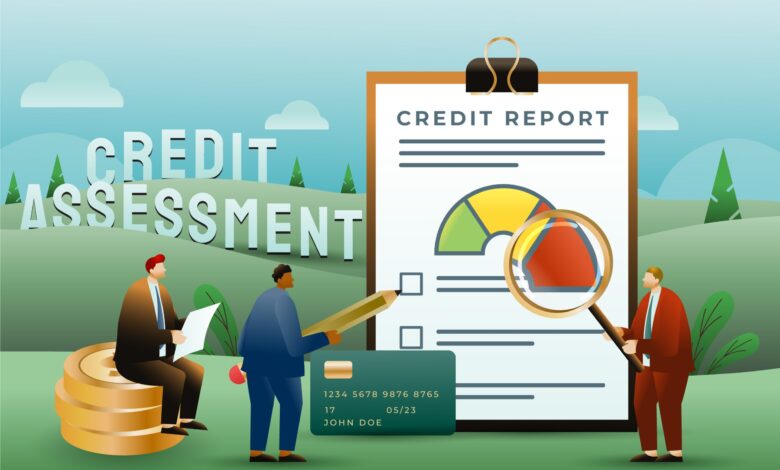Scott Tominaga Speaks on How Credit Scores Help Improve One’s Financial Standing

A credit score is a three-digit numeral that reflects one’s creditworthiness in the financial market, affecting everything from the approval of loans to rental agreements. From the viewpoint of Scott Tominaga, keeping a healthy credit score is integral in today’s financial realm because it can make all the difference in receiving flexible loan terms, mortgages, and even dream job offers.
Knowing how credit score is influencing a person’s financial life, and how one can act proactively to improve the magic figure can provide long-term benefits, adding value to their lives. Sounds interesting! Well, keep reading.
What is a Credit Score?
Typically ranging from 300-850, the three-digit number of credit scores is all that defines every aspect of one’s credit background. These include whether a person has a good history of payment, the amount of debt the individual carries, and how long the person is managing his/her credit account. In the US, there are three credit reporting bureaus: Equifax, Experian, and TransUnion, which define one’s score after extracting financial data from creditors and lenders. Here’s how the number defines an individual.
- Excellent (750 and above) – The score point defines an individual to carry an excellent credit history with no risk and is perceived to be a highly responsible borrower; making lenders persuaded to offer competitive rates.
- Fair (650-699) – The score still makes individuals creditworthy, however, they may be allowed a loan but with a bit her interest rate.
- Poor (600-649) – It may require an individual to pay high rates of interest with rigid repayment terms. Some institutions may not approve credit.
- Below 600 – The person is at higher risk and being labeled as a bad borrower, disallowing him from getting credit.
Factors That Affect One’s Credit Score
One’s credit score is influenced by several key factors:
History of payment (35%): Being considered as one of the vital scoring criteria-delayed payment, default payments, etc., can pull down the credit score severely.
Credit Utilization Ratio (30%):– The ratio symbolizes the amount of credit used by someone out of the available loan amount. According to Scott Tominaga, a higher utilization beyond 30%, affects the credit score inversely.
Credit History Length (15%): The longer one carries a credit history recognizes him as more reliable to lenders.
Credit Type Diversity (10%): A diversity of credit options from personal or home loans to credit cards, mortgages tend to boost one’s credit score by a small percentage.
New Credit Inquiries (10%): Every time an individual applies for new credit, is considered a ‘hard inquiry’ by FICO. Thus, multiple inquiries within a short time can be a sign of financial distress and therefore reduce the score.
Steps to Improve Credit Score
Here are some key steps to help boost one’s credit score:
Pay Bills on Time: Setting reminders or automatic payments prevents individuals from forgetting their due dates. On-time payments are the most significant contributors to improving one’s credit score.
Lessen Credit Card Balances: Make sure to retain the credit utilization ratio under 30%. Reducing existing credit card debt can be immensely helpful to improve credit scores.
Avoid Making Multiple Credit Inquires: Each credit inquiry tends to affect one’s credit score. So, apply for new credit only when it is essential.
Review Credit Report Regularly: Errors on credit reports are a common experience that typically drags down one’s credit score. Apply for free credit report copies from all major credit bureaus, review every entry, and if any error is found, dispute for the inaccuracies.
Build a Solid Credit History: Many individuals have limited or even no credit history. So consider applying for a secured credit card. Pay dues timely, enabling credit score building steadily.
Having an insight into all about credit scores and how they can affect one’s financial life is essential for making well-informed decisions about loans, credit cards, mortgages, and while applying for a job.



